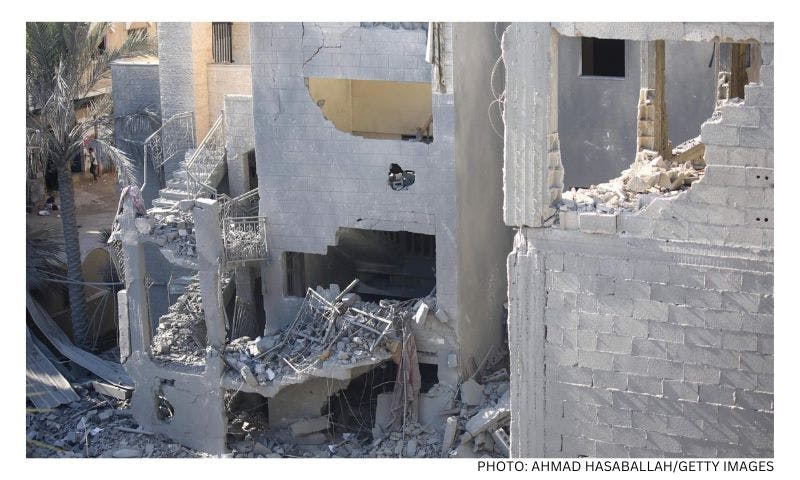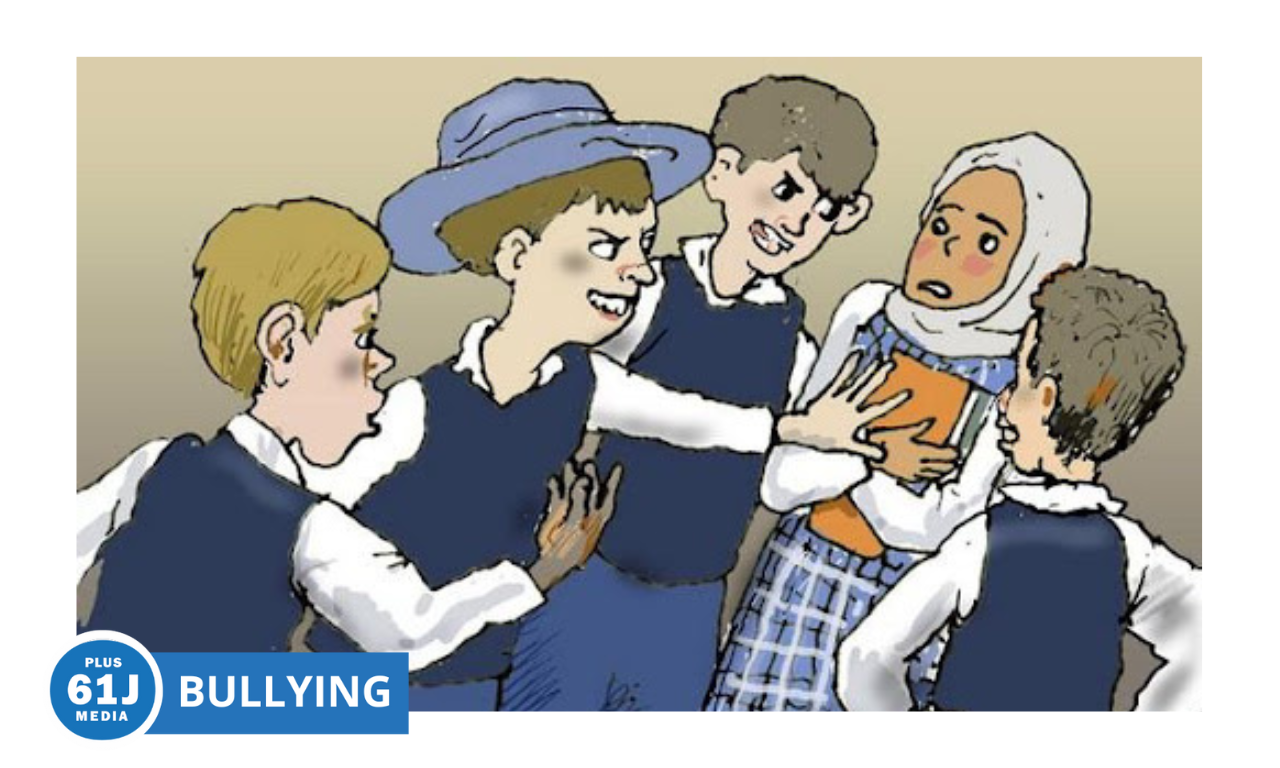Published: 5 October 2021
Last updated: 4 March 2024
Israeli settlers are trying to seize land by getting their flocks to graze on Palestinian property; Ben Lynfield meets a rabbi who works with Palestinian farmers trying to stop the settlers
TAYBEH JUNCTION, WEST BANK – At first glance the scene seems pastoral and almost biblical: a lone shepherd grazing his flock of sheep on a Judean hilltop, a half hour's drive from Jerusalem.
It is only upon further consideration that one realises there is something not entirely right here: the shepherd is an Israeli settler and his flock is grazing on privately owned Palestinian property as part of one of Israel's largest land grabs ever in the occupied West Bank.
"Sheep are the settlers’ weapon of choice these days," says Rabbi Arik Asherman, head of the Torat Tzedek (Torah of Justice) human rights group, who works with Palestinian farmers in the central West Bank in a bid to protect their property from the invasive grazing and its accompanying settler violence.
Around Taybeh Junction, near Ramallah, much of the trouble emanates from an illegal settlement outpost run by Neriah Ben-Pazi, who oversees a herding farm with militant young settler inhabitants. By the accounts of local Palestinians, they use sheep and violence to take over Palestinian land.
Rabbi Arik Asherman was assaulted by settlers ten times from January to May for non-violently challenging their incursions.
"It is a base for terror, violence and harassment," says Asherman, who was assaulted by settlers ten times from January to May for non-violently challenging their incursions.
In one case, his ear required stitches and in another he was beaten repeatedly in the arms with a stick by a masked settler. He filed complaints with the police for each assault but "so far the police haven't done a lot," he says.
The Israel police responded that it had opened an investigation that is still ongoing which requires "multiple subpoenas of witnesses and suspects' identifications."
Ben-Pazi, who hails from the virulently anti-Arab Kochav Hashachar settlement, declined to be interviewed for this article.
"Neriah's Farm", as it is called, is one of more than 40 similar settler ranches established in recent years across the West Bank under the direction of the top settler leadership with the backing of the government and IDF, says Dror Etkes, director of the Kerem Navot settler watchdog group.
Even under the current government, which contains nominally left-wing parties and an Arab party, more illegal ranches have been established.
"This completely and drastically changes the map of the West Bank," Etkes says. "On average each outpost has an impact on thousands of dunams (units of land)."
Typically, settler shepherds graze their flocks on Palestinian farmland, the flocks eat and destroy their crops.
However, veteran settler leader Daniella Weiss says the ranches are an embodiment of Zionism. "It is part of the Zionist enterprise with agriculture, lands and expansion in the Land of Israel."
She said their main purpose is to "safeguard" state lands from Arab takeover.
However, international law, which neither the Israeli government nor the settlers respect when it comes to settlement, specifies that state land is to be held in reserve or used for the benefit of the occupied population.
Moreover, much of the land taken over by the ranches activities is actually privately owned Palestinian land, including that at Taybeh Junction, which is owned by farmers from the nearby town of Taybeh.
Bedouins who rented land from Taybeh landowners near the Taybeh Junction have been intimidated into leaving as part of Neriah's Farm's expansion, Etkes says.
Typically, what happens, Etkes says, is that settler shepherds graze their flocks on Palestinian farmland, the flocks eat and destroy Palestinian crops. He says they also use violence to harm the crops and make sure the Palestinians don't come to work their land.
"Violence is not only integral to what the settlers do; it is necessary," Etkes says. Weiss disputes this. "Is physical violence our style?" she asks. "No. Jews don't wake up in the morning to kill, as a rule."
But Deir Jarir farmers told The Jewish Independent Media that they have bitter experience of settlers trespassing, destroying their property and violently rioting.
Abdul Dayem Hammad, who lived in Chicago for 30 years before coming back to Deir Jarir to retire, showed the now ravaged plot he had bought ten years ago and invested in before making the land cultivable by removing rocks from the soil.
His decimated vineyard, which he relied on to sell grape leaves and his olive trees had been eaten by sheep, he said. The poles on which saplings had perched were twisted and broken and the perimeter fence was damaged. All that was left of an almond tree was a stump.
"I talked to the settlers. They said it is Israeli land. They opened the gate so that the sheep could come in."
"I feel like I'm losing my life, my child. This land belongs to me. It's a miserable feeling. After I come here, it takes me a week to calm down. I've been very nervous with my family. I wanted my children to inherit this."
"It's our land. I go to America for business but here is where I want to build. It's mine."
On May 30, a large group of settlers carried out what Asherman described as a "pogrom" against the farmers of Deir Jarir as IDF soldiers looked on, he said. Hammad also recalled this event.
Left=wing critics accuse the police and Israel Defense Force of turning a blind eye to settler violence in the West Bank and even of having a symbiotic relationship with the settlers.
But in a statement to The Jewish Independent, the IDF rejected the suggestion that it turns a blind eye. “The IDF is charged with safeguarding the lives of all residents in the sector. When a report comes in of danger to the lives of persons in the area, an IDF force is dispatched to the place and arrives immediately in order to prevent any kind of harm or friction.
“The claim that IDF soldiers do not act as is needed during confrontations between settlers and Palestinians is an incorrect claim.
“IDF soldiers don't stand idly by when they identify violence in the field. In cases where there is a deviation, an investigation takes place and steps are taken accordingly.”
According to Hammad: "the settlers came to our land, about 35-40 young people. While we were talking to soldiers, the settlers threw rocks at our cars. They pepper sprayed an old man who had to go to the hospital. If I throw a rock, I will get arrested. Why aren't the settlers arrested? I own this land and have the papers to prove it. Why not arrest them?"
"I have property in Chicago but this could never happen there because there is law. Here there is no justice," Hammad says.
Weiss, the settler leader, says she never condemns violence attributed to settlers. "I do not condemn. I have a sweeping decision that I do not condemn because I never know the details and I am not a judge. The judges find it hard to decide.
“In order to condemn you must know all the minute details and I am not there. If I am somewhere and I see someone attacking in a very clear way I say stop it. But I am not in favour of condemning."
WATCH VIDEO: Rabbi Arik Asherman assaulted by a settler, April 2021
READ MORE
Four Israelis suspected of violent attack on West Bank village released from custody (Haaretz)
US ‘strongly condemns’ settler assault on Palestinians in South Hebron Hills (Times of Israel)
Hundreds march in West Bank to demand water for Palestinian village after attack (Haaretz)
UN calls for water equity between Israelis and Palestinians (Jerusalem Post)
Photo: Palestinian farmer Abdul Dayem Hammad, whose crops were destroyed by settlers (Arik Asherman)




